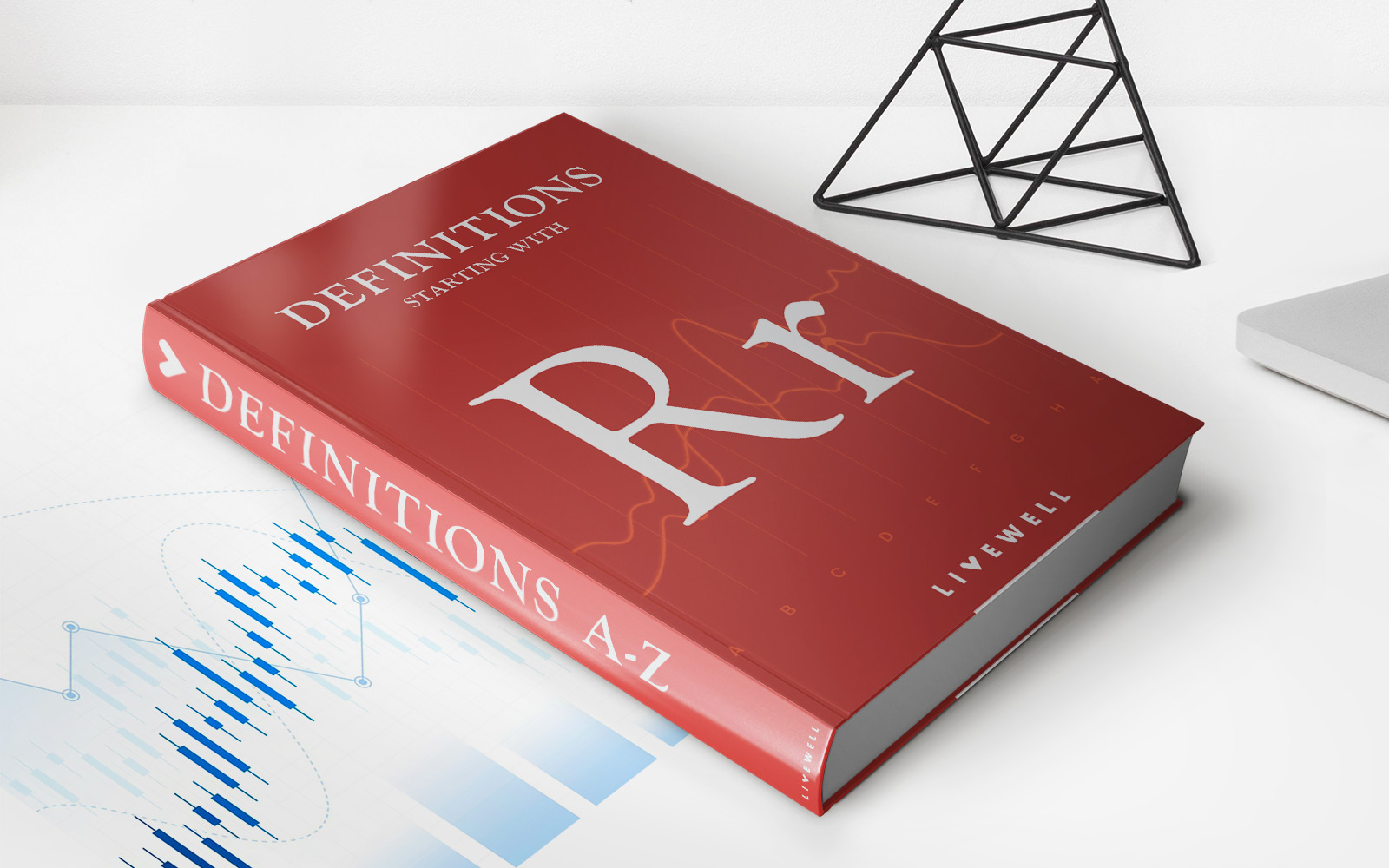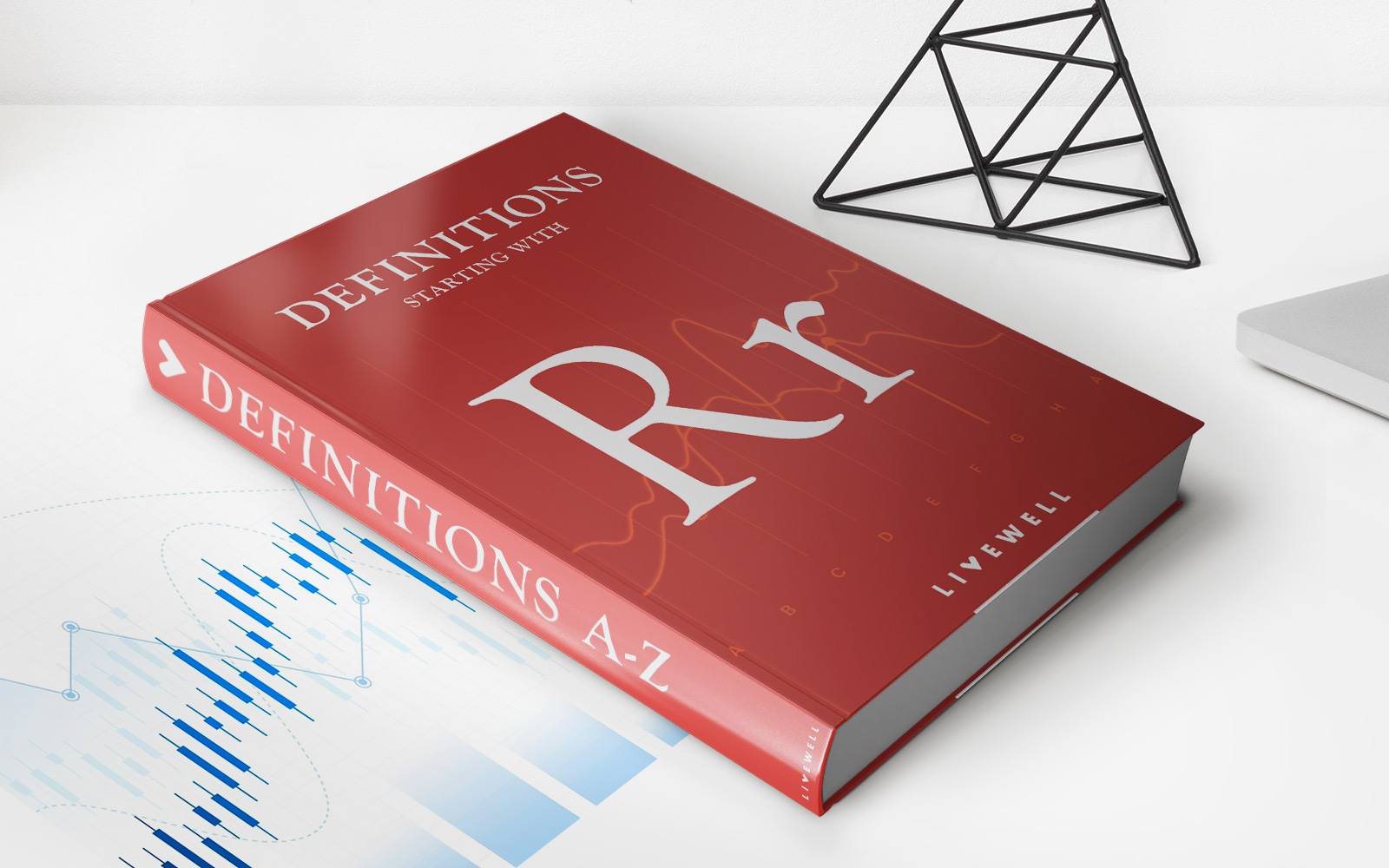Home>Finance>What Is An Escalator Clause? Definition, How It Works And Example


Finance
What Is An Escalator Clause? Definition, How It Works And Example
Published: November 19, 2023
Learn all about escalator clauses in finance, including their definition, how they work, and examples. Gain a clear understanding of this important aspect of financial contracts.
(Many of the links in this article redirect to a specific reviewed product. Your purchase of these products through affiliate links helps to generate commission for LiveWell, at no extra cost. Learn more)
Understanding the Escalator Clause: A Sneak Peek into Financial Contracts
When you dive into the world of finance, you might come across terms and concepts that may seem intimidating at first. One such term that you may encounter is the escalator clause. But fear not, as we’re here to break it down for you. In this blog post, we’ll provide you with a clear definition of an escalator clause, explain how it works, and provide you with a real-life example to help you grasp the concept better.
Key Takeaways:
- An escalator clause is a contractual provision that allows for adjustments to be made in prices, rates, or payments based on predetermined conditions or benchmarks.
- These clauses are commonly found in long-term contracts involving real estate, labor unions, or government projects.
Definition and How It Works
So, what exactly is an escalator clause? In essence, it’s a contractual provision that allows for adjustments to be made in prices, rates, or payments based on predetermined conditions or benchmarks. These clauses serve as a mechanism to account for changes in the economy or specific factors that may impact the value or cost of a product or service over time.
Escalator clauses commonly appear in long-term contracts, such as commercial leases, labor union agreements, or government contracts. By incorporating an escalator clause, both parties are protected from the potential risks associated with unforeseen changes in certain key factors, such as inflation, interest rates, or market conditions.
Let’s take a real estate example to better illustrate how an escalator clause works. Imagine you’re renting a commercial space for your business. The lease agreement includes an escalator clause that stipulates that the rent will increase annually by 3% or the percentage increase in the consumer price index (CPI), whichever is higher. This means that if the CPI increases by 5%, your rent will increase by 5% as well, providing the landlord with a fair adjustment for inflation.
An Example of an Escalator Clause in Action
Consider a construction project that is contracted out by a municipality to a construction company. In the contract, there is an escalator clause that states the contract price will increase by 10% if any material costs exceed a certain threshold. This protects the construction company from price increases in materials that may arise during the life of the project, such as fluctuations in steel prices or raw material costs.
Let’s say halfway through the project, there’s a sudden increase in steel prices due to global market conditions. The escalator clause kicks in, and the contract price is adjusted accordingly. The construction company is not left bearing the entire burden of the increased costs, and the municipality acknowledges that these unforeseen expenses were outside the construction company’s control.
By incorporating an escalator clause into the contract, both parties can navigate potential fluctuations in costs while maintaining fairness and integrity in the agreement.
In Conclusion
Escalator clauses play a crucial role in long-term contracts, providing a mechanism for adjustments that take into account changes in key factors such as inflation, interest rates, or market conditions. By including these clauses, both parties can protect themselves from potential risks and ensure fairness in their agreements.
So, the next time you come across an escalator clause in a financial contract, you’ll have a better understanding of how it works and why it’s essential.














